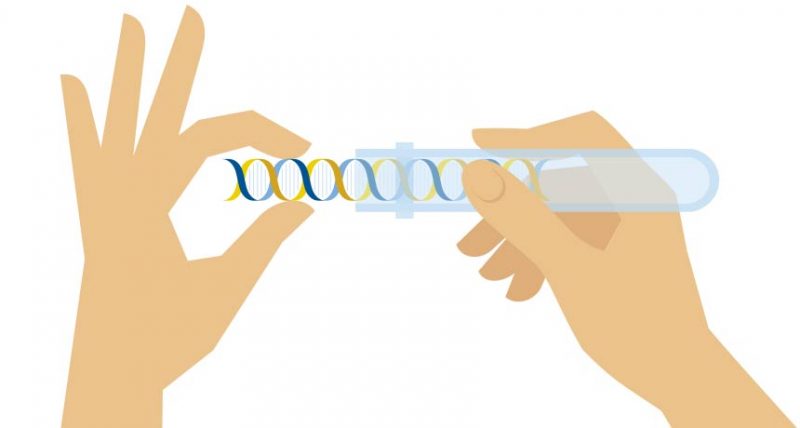
By: Jacqueline Bain
On June 3, 2019, the Department of Health and Human Services Office of the Inspector General (the “OIG”) issued a Fraud Alert titled: Genetic Testing Scam. Though the alert is short, the fact that the alert itself was issued is important. The OIG doesn’t often issue fraud alerts, so taking an affirmative step like this shows an increased likelihood of regulatory action.
Physicians, take note. If you are working with a laboratory providing genetic testing services, be sure that laboratory is (1) running those specimens on its own equipment; (2) only sending out testing equipment after receiving your order; and (3) has in place policies and procedures designed to accurately bill for the services it performs and other compliance matters.
Laboratories, take note. You are working in a risky space. Prior to entering into new relationships with consultants or marketers for new tests or specialized tests, take the time to understand where these samples originate. Ensure that your relationships with these persons are compliant. Ensure that you are entering into partnerships based in trust and compliance.
Marketers, take note. If you are working with a laboratory providing genetic testing services, invest in learning how to structure a compliant relationship. You must not (1) target Medicare beneficiaries; (2) offer anything of value in exchange for a person utilizing your laboratory; or (3) be compensated per specimen referred or a percentage of revenue earned based on your efforts.
Genetic laboratory schemes are big money. Just recently (June 27, 2019) the OIG issued a press release detailing that a federal jury in Florida found a Tampa marketer guilty for his role in an over $2.2 million Medicare fraud scheme involving the payment of kickbacks to medical clinics in exchange for the referral of DNA swabs that were obtained from Medicare beneficiaries. Sentencing will be in October.
Importantly, scams like these can apply across the laboratory space (in addition to anywhere in the healthcare spectrum). These practices are likely to be subject to sanctions and penalties even if they are not based in genetic testing. Allergy testing, toxicology testing, and blood tests are all subject to the same laws. As recently as yesterday (July 8, 2019), a laboratory owner was sentenced to 30 months in prison and must pay nearly $3.5 million in restitution for paying illegal kickback to marketers for urine and saliva specimens.
The bottom line is this: if you (a lab owner, a physician, a marketer) are approached to add any specific tests to your line of services, consult with legal counsel first. A small investment at the outset could save you your license, your finances and your freedom later on.
